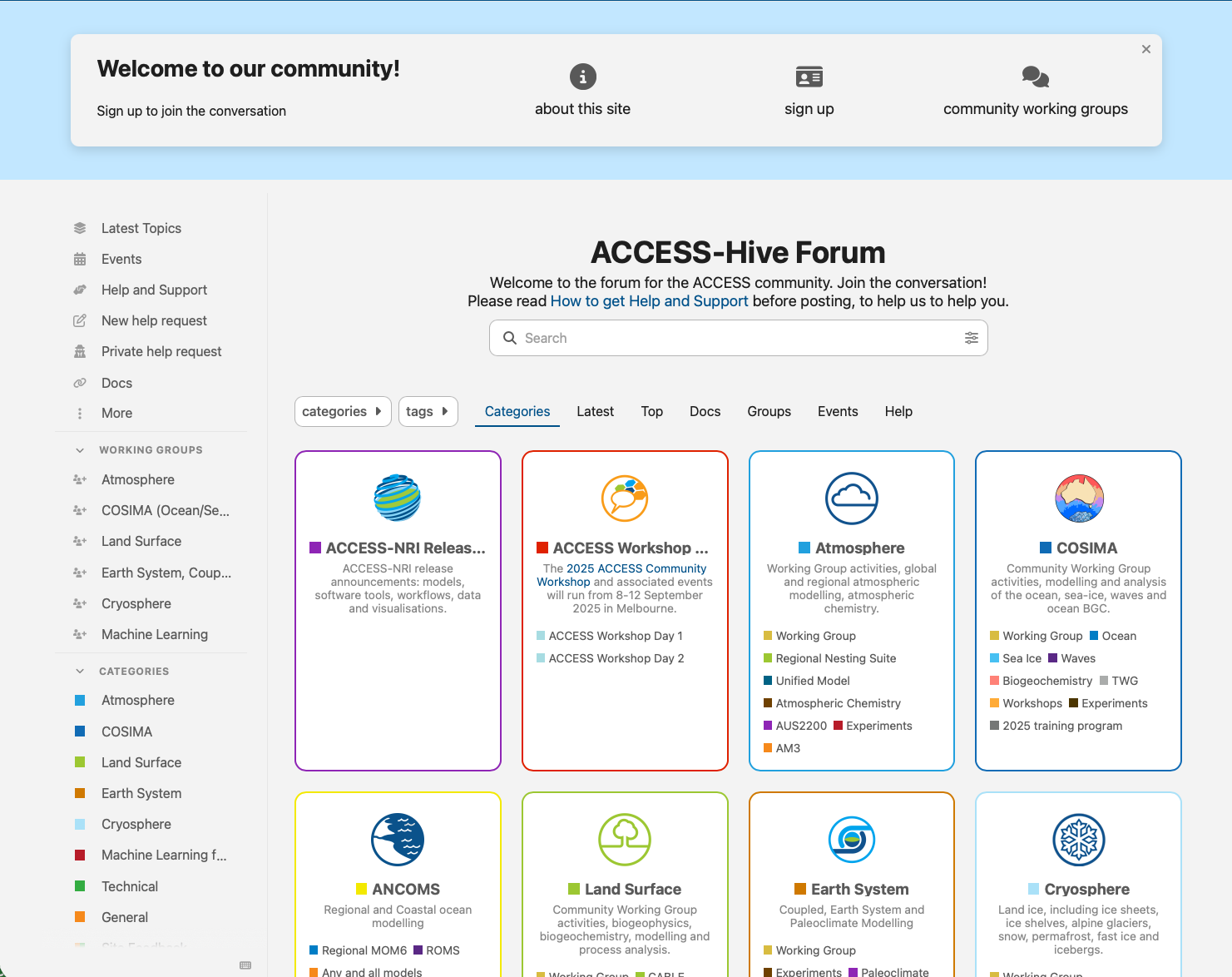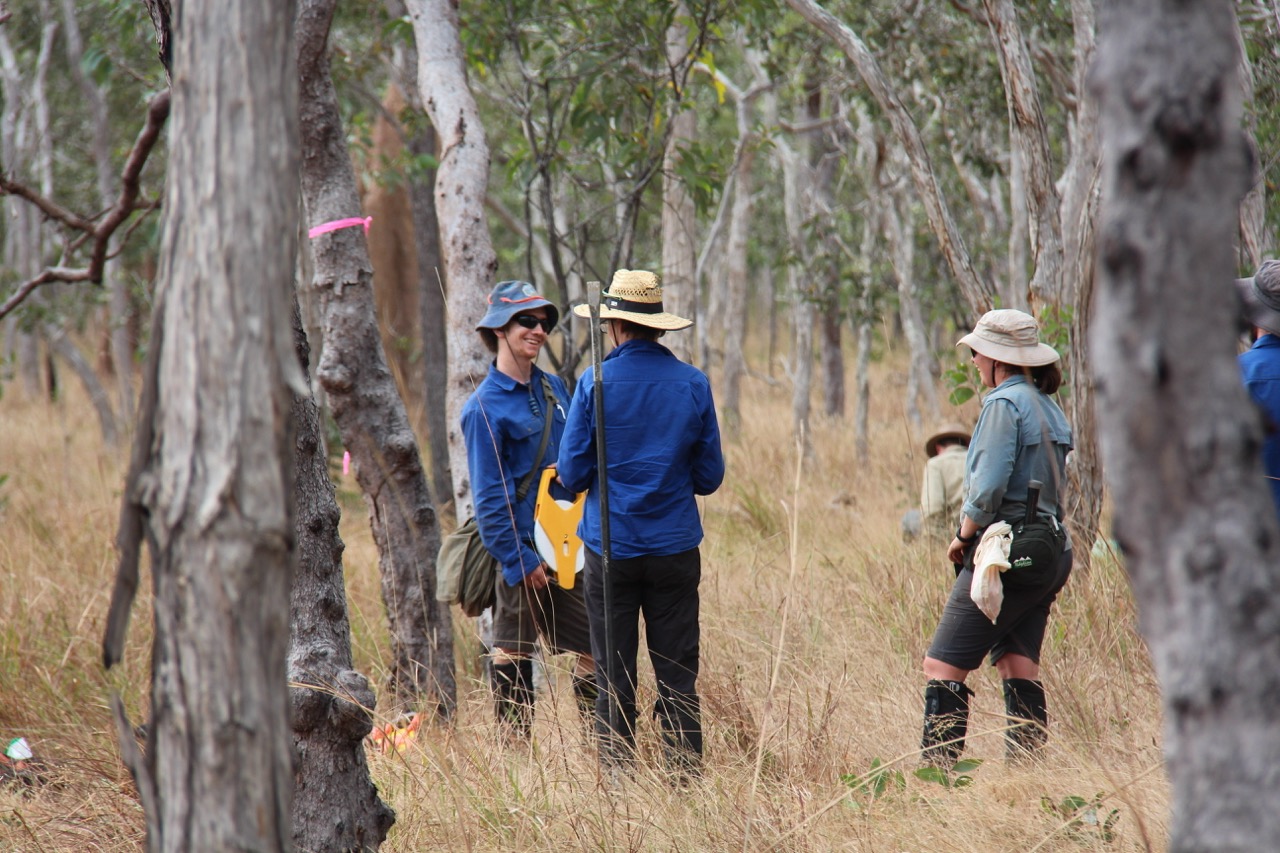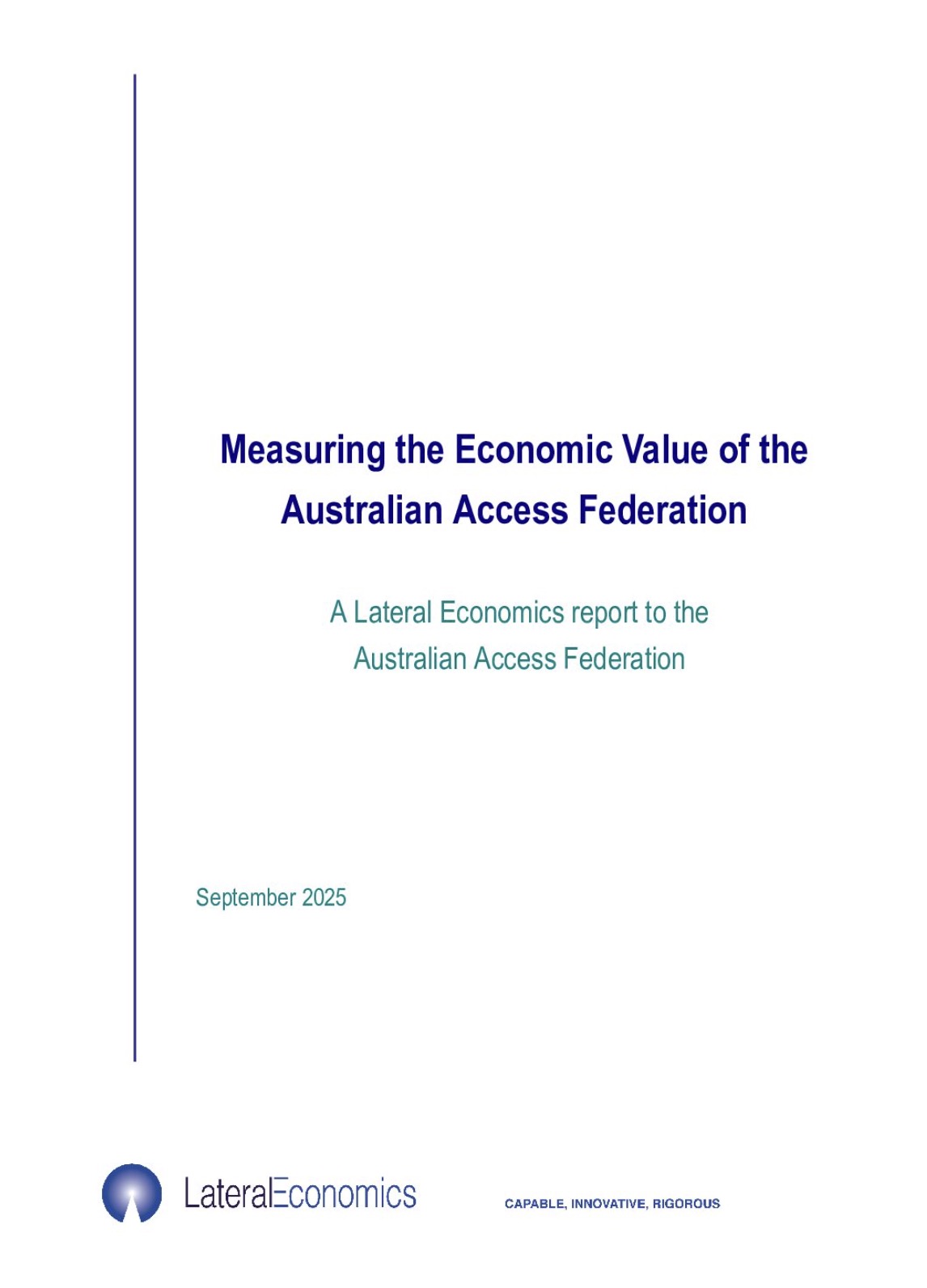Research is collaborative and international. Secure access to digital research platforms is vital for Australian researchers to collaborate and work across borders.
The Australian Access Federation (AAF) enables researchers to use their institutional ID and password to securely access hundreds of national and international online platforms and resources. However, until recently, infrastructure requirements and skill shortages often prohibited smaller IT teams at Australian research institutes from connecting to the AAF.
“Many research institutes simply didn’t have the infrastructure or the people to set up and configure the required software,” said Heath Marks, CEO of AAF.
Thanks to a $900,000 co-investment from the ARDC, AAF enhanced its hosted cloud solution to provide a fast and easy way to connect to the national authentication service provided by the AAF.
Rapid Identity Provider, or Rapid IdP, has simplified the way organisations connect to the federation through a cloud-based software-as-a-service (SAAS) subscription model. Rapid IdP delivers world-class performance, high availability and cybersecurity as well as streamlined integration to both third-party and home-grown identity systems.
“Now AAF does the majority of the hard work for institutes,” said Heath.
Through Rapid IdP, AAF takes care of all patching and security updates throughout the technology stack and quickly deploys updates to software components.
“Rapid IdP is now the preferred way to connect to AAF, with more than half of all organisations now connecting via Rapid IdP.
“The ARDC is committed to developing, with our partners, world-leading research data assets and platforms. Simple, secure access for Australian researchers is essential for their success. Rapid IdP provides that simplicity. We’re thrilled to see the success of Rapid IdP giving researchers across Australia access to leading digital services that accelerate data-intensive research and innovation,” said Rosie Hicks, CEO of ARDC.
“It is exciting to see the popularity of Rapid IdP has led to it becoming a fully sustainable product, ensuring secure access for researchers for many years to come.”
COVID-19 and the growth of Rapid IdP
While Rapid IdP was originally developed for smaller research institutions, since the outbreak of the global COVID-19 pandemic it has found broader appeal.
“Our member organisations have faced significant pressure with staffing over this period. Due to a skilled workforce shortage and the rapid spread of COVID, staffing concerns have caused priorities to shift and increased workloads,” said Heath.
“We’ve seen a 380% increase in uptake of Rapid IdP subscriptions from 2019 to 2021,” said Heath.
“We expect more organisations to adopt it as they reach decision points about upgrading their current infrastructure.”
The pandemic has also placed significant pressure on research and education globally and federations have been a key enabler of teaching, learning and research over this time. From enabling students access to online textbooks because they are unable to attend campus, providing secure authentication for teaching resources to enabling global collaboration on covid research, federations provide a cost-effective and reliable trusted access.
“Rapid IdP has become part of the vital toolkit enabling information technology leaders to focus on supporting and developing their communities during the pandemic.”
Research institutes of all sizes subscribe to Rapid IdP
UNSW recently migrated from its on-premises authentication service to Rapid IdP.
“Rapid IdP enables modern authentication and a reduction in the lifecycle management of maintaining our own on-premises servers.” said Troy McPherson, Identity and Access Management Specialist at UNSW.
“We’ve seen improved user experience for our staff and students using single sign-on to AAF enabled by Rapid IdP, utilising our central identity provider Azure Active Directory (AAD).”
Research organisations of all sizes have successfully migrated to the Rapid IdP service for their federation connection. Some of the connected Rapid IdP organisations include:
- Actors Center Australia
- Charles Darwin University
- CSIRO
- Monash University
- University of Melbourne
- University of Sydney
- University of Western Australia
- UNSW
- Walter and Eliza Hall Institute (WEHI)
Trust and identity: an essential part of Australia’s national research infrastructure
The AAF’s provision of trusted identities is a vital part of Australia’s national research infrastructure, connecting teachers, students and researchers to Australia’s online national research resources.
Rapid IdP also supports the international FAIR principles, which promote research integrity through making research outputs more Findable, Accessible, Interoperable and Reusable (FAIR).
Learn more about AAF’s Rapid IdP service.
The ARDC is funded through the National Collaborative Research Infrastructure Strategy (NCRIS) to support national digital research infrastructure for Australian researchers.
The Australian Access Federation (AAF) is a not-for-profit organisation that is owned by its members made up of all Australian Universities and national research organisations including CSIRO. It works to deliver secure federated access that connects Australian teachers, students and researchers to global online resources.
Written by Jo Savill, ARDC. Reviewed by John Scullen (AAF), Elleina Filippi (AAF), Heath Marks (AAF), Ian Duncan (ARDC), Rosie Hicks (ARDC).







